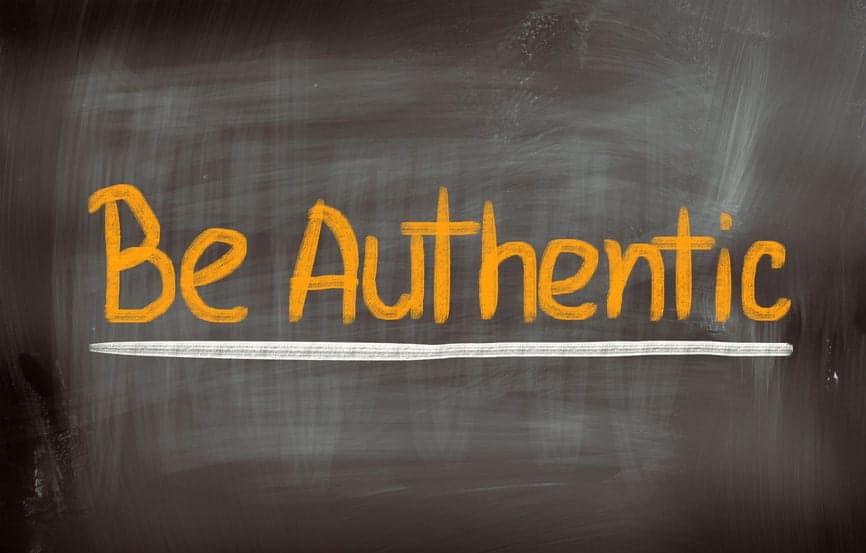Developing and maintaining your personal leadership brand acts as a catalyst for your career advancement. Your personal brand is the sum of the values you stand for. These are the skills and talents that you consistently deliver and the experience you bring to the table. Having a well-articulated personal brand means that others are able to articulate your value proposition and the things that differentiate you from others.
The old saying “the only thing we have is our name” is as true today as it always has been. As such, you must carefully protect and manage your personal brand. Why is personal branding important to leadership?
When a leader sets out to establish their personal brand it demonstrates a commitment to their journey that defines their leadership style, which ultimately shapes the way they serve others. Living your personal brand, professionally and personally, shows you are true to yourself. This authenticity comes through as you are interacting with yourself, peers, and other leaders. Practicing this daily establishes your leadership presence because you are acting in a way that is consistent with your vision, mission, and values at all times.
Managing your brand is more than having a great website and being active on social media. Managing your personal brand also means that you act as a role model, mentor, and voice that others can rely on.
Recently I strayed from the experience I seek to deliver. A title to one of my articles had a word that was out of line with my mission and vision. I was very fortunate to have a reader who provided feedback about the choice of wording which helped me see that I alienated a segment of my community of readers.
Your personal brand should become second nature and your actions, thoughts and behaviors should automatically be carried out as you go about your day. Every day you deliver on those expectations you have set for yourself and those you serve.
How to create a personal brand for leadership
Define it
What are you passionate about? How do others view you, what do they know you for? What do you want to be known for and how will you tell that story? What is the total experience you want to deliver? Next, ask others what their experience is with you and then identify the gaps and work on filling them.
Execute it
Every time you are in a meeting, at a conference, or out networking be mindful of the experience you are delivering to those you interact with. Treat each interaction like a job interview. Because you are being always being evaluated, this means people are continuously deciding if you are someone they want to know more about or work with. People should walk away clearly understanding the mission, vision, and values you have defined for your personal brand.
Sustain it
Be visible by introducing yourself to new people, contributing to discussions, volunteering for special projects. Go outside your organization and join networking events and committees that are relevant to your work and brand.
Be your biggest champion by finding opportunities to share your greatest work and compliments or awards that you have received. We like to sit back and expect our boss to do this for us and to a degree they should. Therefore, you are the only one who can own your personal brand. The ultimate responsibility or it rests on your shoulders.
Having a personal brand is essential for leadership. Actively defining, executing, and sustaining your brand enables you to be a better and more authentic leader. As a result, when your personal brand becomes natural and automatic you develop an executive presence. This enables you to start advancing more quickly.
Last updated on September 14th, 2020 at 06:23 am


